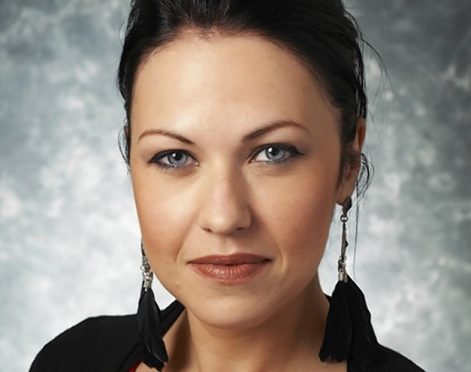A row over the annual slaughter of whales in the Faroes could signal an end to civic links between a Highland town and its twin.
A new Caithness committee will convene in Wick on Wednesday to consider breaking the twinning arrangement between the town and Klaksvik in the Faroes.
Civic leader Gail Ross called for its end last year after residents raised concerns about Klaksvik’s use as a whaling port.
The Faroese city responded by insisting that its whaling was done “sustainably”.
The committee will be asked to discuss formally ending the link between the two towns. An officer’s report states that contact between the communities has been “limited” for some years.
The twinning was established by the former Caithness District Council in 1995. The catalyst was fishing and a ferry link which operated at the time between Scrabster and Torshavn.
The last formal visit was in 2001. Fishing links between the two were no longer relevant because Wick was not a designated a fish landing port.
Links remain, however, at Scrabster, which is a designated fish landing port.
It is understood that Thurso councillors, whose ward includes Scrabster, which is regularly used by Faroese trawlers, want to retain the link.
The report to the committee states: “Concerns have been raised regarding the recent slaughter of whales which took place in Bour and Torshavn.
“On the grounds of animal cruelty, Wick ward members do not support this practice and as such do not wish that the town of Wick is associated with these practices.”
Local members have registered their concern in a letter to the mayor of Klaksvik.
Ms Ross and colleagues Bill Fernie and Neil MacDonald urged Jogvan Skorheim to halt the activity.
She suggested an alternative arrangement with the German town Bad Waldsee, where the local pipe band has had links for almost 20 years.
Mayor Skorheim said last year that Wick’s leaders had no right to “dictate” what traditions his country could celebrate.
The Faroes have hunted whales for centuries to provide a source of “sustainable and regulated, communal and natural” food.
Each year in the Faroes, hundreds of pilot whales and other species including bottlenose dolphins, Atlantic white-sided dolphins and northern bottlenose whales, are hunted for their meat, said Whale and Dolphin Conservation.
